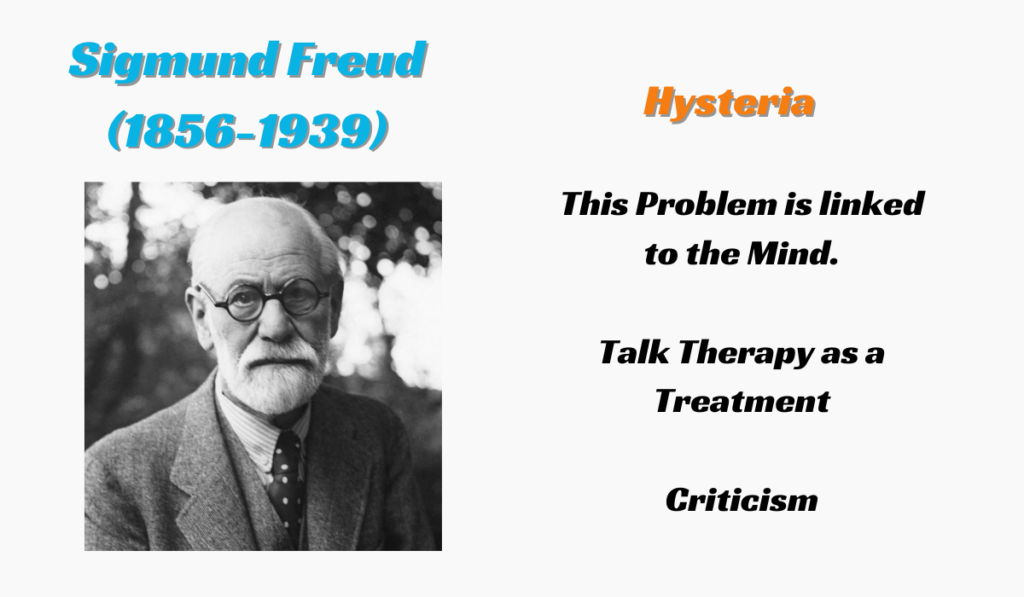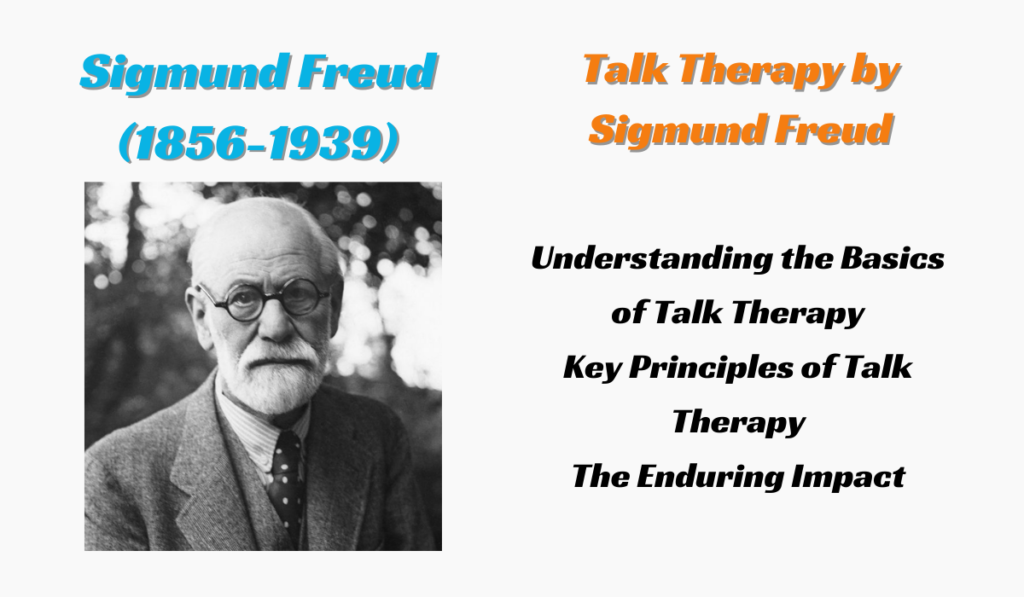
It could be a fall, a car accident, or even a sports injury that impacts your head. These unfortunate incidents may leave you with a traumatic brain injury (TBI). The symptoms often span loss of consciousness, persistent headaches, changes in thinking, mood, behavior, etc.
Luckily, this condition is treatable, especially when it’s mild, as is common in about 75% of cases. But then, you may wonder: Is there a way to speed up mild TBI recovery? The good news is there is. Here are a few to think about: [1]
Rest More
You should consider catching your breath for the first few days after mild TBI. Doctors generally recommend relative rest, which translates to limiting daily activities that worsen post-concussion symptoms, rather than complete inactivity.
Gentle walking, mindfulness, and meditation can really help here, compared to high-impact sports, prolonged screen time, and environmental stressors like loud noises, bright lights, etc. This may translate to spending less time in front of a computer or playing video games.
Once your TBI symptoms start easing up, you can return to activities you loved, but the transition should be gradual. Talk to your doctor first. But even as you get back on this wagon, you’ve got to temper your expectations. Take some breaks every now and then.
Consider Cognitive Rehabilitation
TBI, at times, can lead to cognitive symptoms. You may experience memory loss, slurred speech, difficulty concentrating, and so on. As studies show, the odds of cognitive issues from these injuries aren’t as common, except in cases where the injury was severe. [2]
If you’ve been affected, cognitive rehabilitation therapy can help. This approach aims to improve functions such as memory, attention, and problem-solving skills through structured exercises and strategies.
Studies have shown the effectiveness of this process, especially around sociability and memory. This is encouraging news. Over time, you may gradually regain lost abilities and develop compensatory techniques for persistent challenges. You could then find yourself functioning much better and enjoying an improved quality of life. [3]
To further help you in the rehabilitation process, you should consider tapping into the experiences of others who’ve suffered memory loss or other such conditions and managed to come out on the other side. This can give you hope and introduce you to strategies that work, which you can then put into practice.
Lifestyle Adjustments

To speed up the recovery process, your daily routine has to change. For starters, regular exercise has to have a place in your day-to-day. A good practice is to start off mild and gradually increase intensity as your symptoms improve. Your doctor can advise you on this.
Your nutrition and hydration are other factors. You’re better off consuming foods rich in antioxidants, omega-3 fatty acids, and other nutrients that support brain health. You can find many of these nutrients in fatty fish, nuts, seeds, fruits, and vegetables.
Poor hydration can be a major driver of symptoms like headache and fatigue. These are detrimental to your recovery, so hydrate and keep them at bay.
Finally, sleep hygiene. Keep your schedule regular and restful. Some best practices include steering clear of caffeine a few hours before bed and also avoiding screens. If you still suffer from sleep disturbance, talk to your doctor.
Vestibular and Physical Therapy
Mild TBI can leave you with balance issues. Vestibular therapy helps mitigate this. Your therapist would use specific exercises to retrain the brain to recognize and process signals from the vestibular system and coordinate them with information from vision and proprioception.
You may end up seeing reduced dizziness and improved balance as a result. If you’re suffering from neck pain or tension, physical therapy may come in handy. Manual therapy, strengthening exercises, and stretching are pretty common here. They can help you improve posture and reduce muscle tightness, translating to decreased tension-related headaches and improved overall recovery.
Steer Clear of Alcohol and Drugs
Alcohol and drugs have long had a troublesome relationship with TBI. Studies even show that between 28–79% of TBI patients have had a dalliance with alcohol misuse or dependence pre-injury. But the effects aren’t just at the pre-injury stage. Alcohol and drug abuse have been seen to lead to poor recovery from TBI, as well as increased risk of re-injury. [4]
Apart from physical issues, there’s also cognitive issues. Alcohol and drugs are well known to lead to cognitive impairment, as well as sleep problems and lower life satisfaction. So, if you’re looking for quick TBI recovery, you may be better off staying away from these substances.
Closing Thoughts
Mild TBI recovery is possible in most cases. However, the practices you adopt post-injury have the potential to either shorten the recovery period or make it an uphill task. This guide has given you some tips to fast-track the process. Keep them in mind. If you’ve got questions or concerns, get in touch with your doctors. They may have the answers that can help you make the best of your recovery journey and come back stronger.
Source
1. “Putting the Mind to Rest: A Historical Foundation for Rest as a Treatment for Traumatic Brain Injury”, Source: https://pmc.ncbi.nlm.nih.gov/articles/PMC10294563/
2. “Profiles of Cognitive Functioning at 6 Months After Traumatic Brain Injury Among Patients in Level I Trauma Centers”, Source: https://pmc.ncbi.nlm.nih.gov/articles/PMC10751593/
3. “Analysis of the effectiveness of cognitive rehabilitation for patients with chronic mental illness: A meta-analysis”, Source: https://pmc.ncbi.nlm.nih.gov/articles/PMC10698422/
4. “RESEARCH REVIEW ON ALCOHOL MISUSE AFTER TRAUMATIC BRAIN INJURY”, Source: https://health.mil/Reference-Center/Publications/2024/08/29/TBICoE-Research-Review-Alcohol-Misuse-After-TBI
Known Psychology is a collaborative platform run by a dedicated team of psychology experts, professional writers, and experienced editors who are passionate about psychology and mental wellness. We publish evidence-based, easy-to-understand content designed to inform, inspire, and support our global audience. Every article is carefully researched and crafted to provide reliable insights into human behavior, emotional health, therapy techniques, and personal growth strategies. At Known Psychology, we turn complex psychological topics into simple, actionable knowledge.


